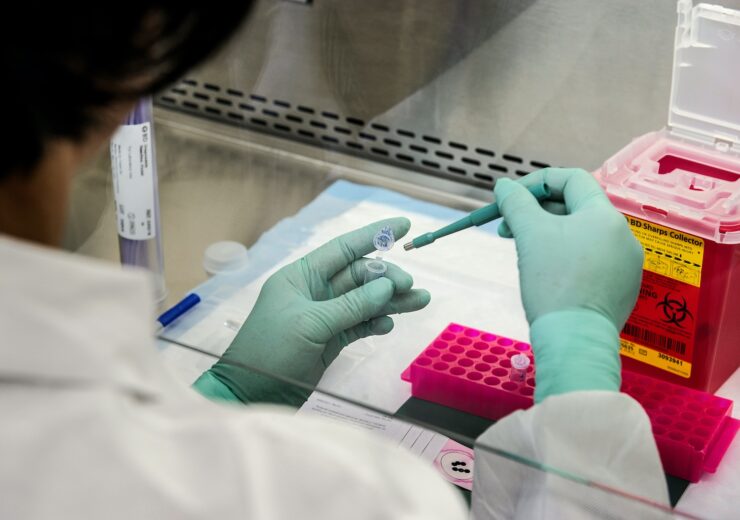The US-based clinical diagnostic laboratory has designed the panel to assess a clinically curated and targeted set of 236 genes to assist medical professionals and patients in making an early, accurate genetic diagnosis

Baylor Genetics has introduced its new Neurodevelopmental Disorders test panel. (Credit: CDC on Unsplash)
Baylor Genetics has launched the new Neurodevelopmental Disorders Panel for children and other patients with a suspected or clinically diagnosed intellectual disability, autism spectrum disorder, and/or developmental delay.
The US-based clinical diagnostic laboratory has designed the panel to assess a clinically curated and targeted set of 236 genes.
The test panel is intended to assist medical professionals and patients in making an early, accurate genetic diagnosis and in having a better grasp of prognosis and possible disease development.
Baylor Genetics has developed the Neurodevelopmental Disorders Panel using its genetic expertise and strong datasets. It is the newest addition to a growing collection of disease-specific panels, claimed the company.
According to the clinical diagnostic laboratory, the panel is performed on an exome backbone that can extract a precise subset of genes for clinical reporting.
This allows for the identification of single nucleotide variants, insertions/deletions, and copy number variants with exceptionally high read depths, said Baylor Genetics.
It further stated that healthcare professionals may seek Whole Exome Sequencing (WES) if panel results are negative, allowing for a more comprehensive investigation to aid in genetic identification.
Baylor Genetics CEO and president Kengo Takishima said: “As a trusted partner, Baylor Genetics is committed to helping clinicians serve their patients better by providing data-driven genetic information that is reliable, fast, and actionable.
“Our new Neurodevelopmental Disorders Panel is part of a comprehensive menu and growing portfolio of tests that reflect our continued focus on scientific excellence, ease of use, and collaboration.”
Along with the panel testing, the company works on Whole Exome Sequencing and Whole Genome Sequencing supported by clinical advice for effective treatment guidance.
Both tests are said to have a high diagnostic yield compared to other genetic tests. This allows doctors and patients to make better choices on future treatment, family planning, or participation in clinical trials, the clinical diagnostic laboratory added.
